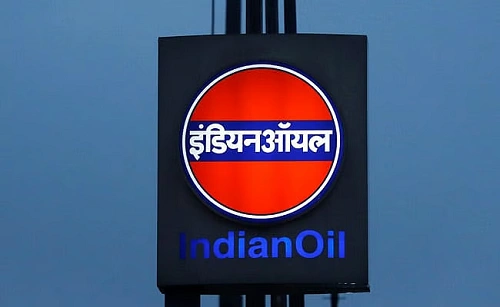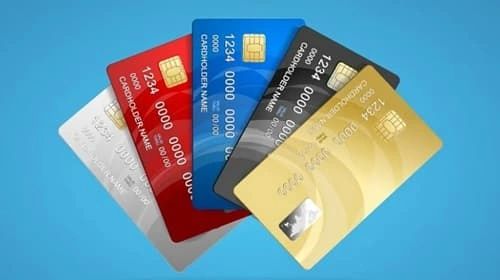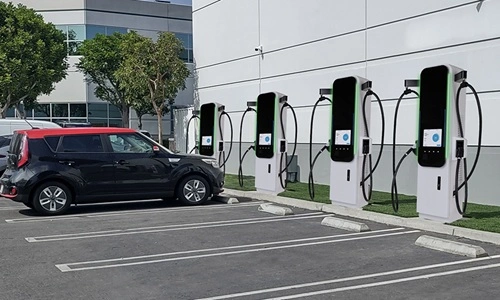The franchise business model is widely popular around the globe for being a well-tested and working model to expand into new markets. This business model offers significant benefits to brand owners, who earn royalty fees, while the franchise buyer receives brand value, promotions, and other benefits with reduced risk.
The franchise model works on various principles, but one of the most famous is offering all the services, products, and trained employees to third parties along with the brand name. You may have seen various big brands in your city, like McDonald’s, Subway, KFC, and so on; these are the franchises obtained by investors. Brand owners get benefits like expansion to new areas, whereas the buyer earns through brand reputation.

You can find franchising models across most businesses, like food and beverages, education, retail, healthcare, and beauty services.
Definition
To put it in simple words, the franchise business model is like renting a ready-made business idea with the brand recognition and support, with all the things you need. In this system, the business owner (franchisor) allows a party (franchisee) to use its brand name, product, services, and software to establish a business system. All this happened in exchange for fees or royalties to the franchisor.
Examples of Franchise Business
There are many big names in the market that you recognize from the commercials, and they are already operating in your city. The big international names that are very common are:
- McDonald’s: A fast Food chain with consistent many and branding worldwide.
- KFC: Specializes in fried chicken recipes, operated by franchisees globally.
- 7-Eleven: Convenience stores in multiple countries.
- Subway: Sandwich chain with standardized recipes and processes.
Apart from these international franchise giants, many Indian brands also offer franchises. The most popular ones are:
- Apollo Pharmacy – Large pharmacy chain offering franchise opportunities.
- Lakmé Salon – Beauty and wellness brand with franchise outlets.
- Patanjali Mega Store – Retail franchise model for Ayurvedic products.
For an investor who wants to take calculated risks and wants a steady compounding of his/her money, this franchisee model provides various advantages. In the new day era, quick delivery services are on the rise, and brands like Blinkit, Zepto, and Instamart also offer franchises.
Advantages of the Franchise Business Model
Considering that you are an investor and want to compound your money with reduced risks, the following are four key advantages that you can get:
For Franchisee (Investor):
- Proven Business Model: Whether you go with a food and beverage model or consider getting a retail franchisee, you can see the potential through sales numbers and demand of a particular brand. It is like getting the best of both worlds with reduced risk in the tested market.
- Brand Value and Exposure: The brand is already popular and has been commercialized through TV, digital advertisement, and other media. You also know that customers prefer a trusted brand, which means you have higher chances of getting more business in a new area.
- Training and Support: Franchisor provides operational training, marketing materials, business guidelines, instant support, software, and inventory so you can hire employees and run the business on automation.
- Easier Financing: If you don’t have enough money to start a business and you opt for a loan, there are higher chances that you may refrain from taking the risk. The same goes for banks, as they do not provide loans to new businesses. But when it comes to getting a loan for franchising a big name, you get easier financing options.
For Franchisor (Brand Owner):
- Rapid Expansion: Growing a business into a new market without heavy investment is possible for brand owners. This also proves helpful in increasing brand exposure to new markets.
- Steady Revenue: Due to franchisee fees and royalties, brand owners get to enjoy extra income from the rights they offer to investors.
- Market Penetration: Having a more reachable location instead of just an online store is advantageous for businesses in building brand trust. Due to this effect, brand value starts increasing, and it reflects in the share and stock market as well.
Disadvantages of the Franchise Business Model
Even though the franchise business model has various advantages, there is a bitter side as well. This goes to both the investor and the brand owner.
For Franchisee (Investor):
- Initial Cost: The investor pays a heavy initial fee for the convenience he gets by obtaining rights. The cost is usually for setup, training, staff, and royalty.
- Limited Freedom: The investor is always bound by the brand owners’ rules and strict policy, which usually state no freedom to brand the business in any manner other than what the brand owner allows.
- Ongoing Fees: Brand owners take a small cut in the form of royalties, and ongoing advertisement is another form of reducing profit margins to investors.
For Franchisor (Brand Owner):
- Risk on Brand Value: If the investor is careless or doesn’t value the brand policy, there is a risk to brand value. There have been many incidents in the food and beverage industry that have ruined the reputation.
- Quality Control issues: Ensuring a clean environment in the franchisee, consistency of services, and quality customer experience is tough across all franchisee locations. This can impact a brand’s reputation if not done right.
- Complex Management: The franchisor has to set up a team of employees to monitor the franchisee and provide support. These are the costs a franchisor bears in the early days as the owner wants to expand the business into more locations. All this becomes complex and tedious to maintain.
Conclusion
A franchisee business model is a proven strategy to grow the business and enhance exposure as an entrepreneur. This system provides mutual benefits to brands and franchisees. With the rapid expansion, targeting a broader audience has become possible, which also allows the investor to make money with calculated risks. There are challenges in this business model, but if done with quality, consistency, and positive customer support, the mutual benefits are easy to attain. The growth is steady and proves beneficial in the long term. If you are interested in getting a franchisee, then considering quick grocery delivery services is a worthy option to take into consideration.



